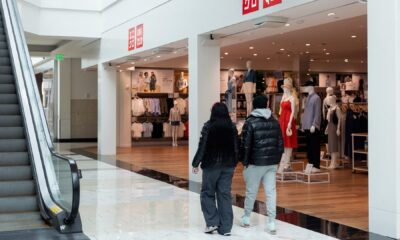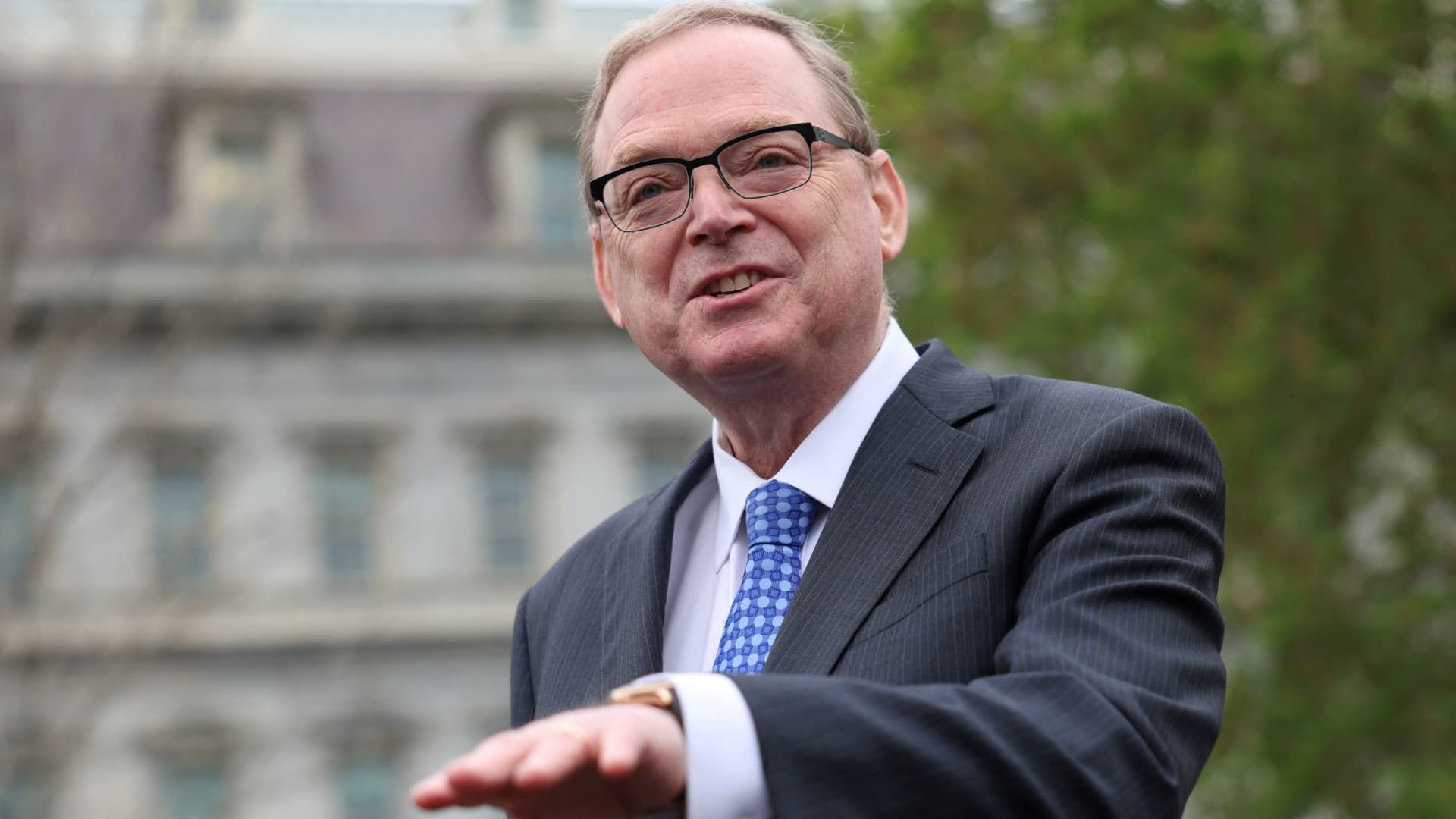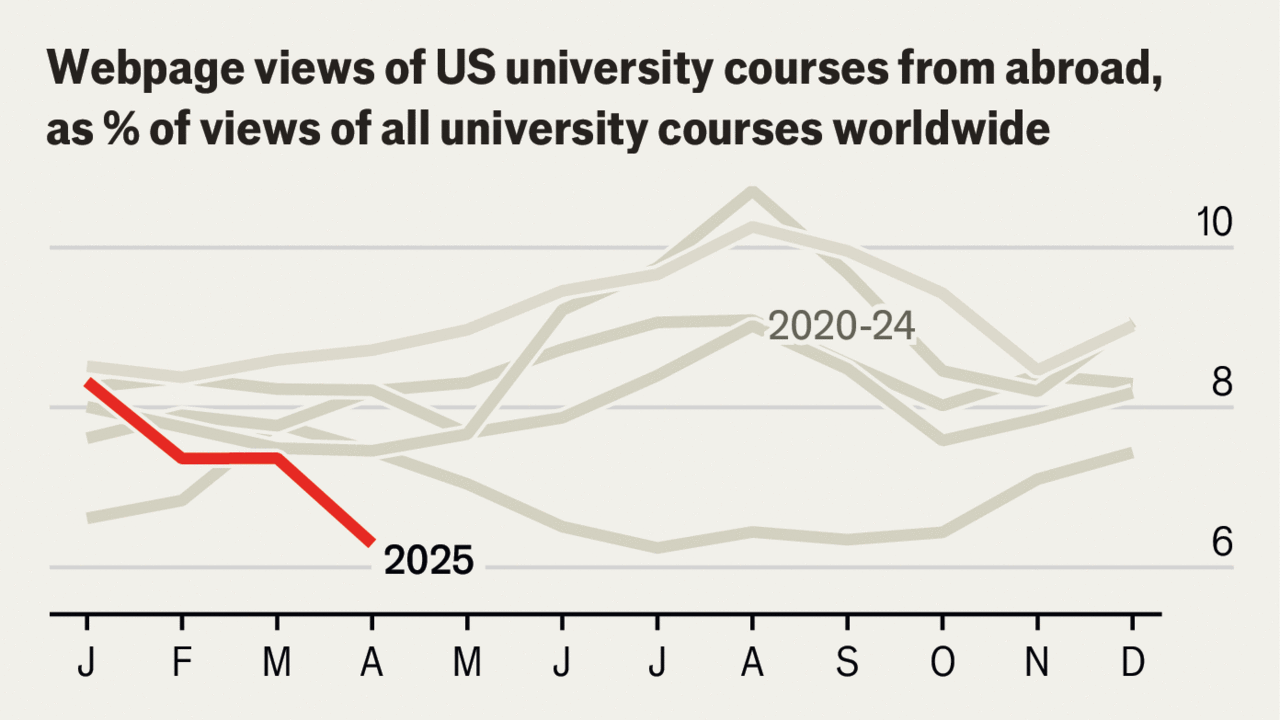Cattle photographed in New Zealand. Agriculture plays a major role in New Zealand’s economy, especially when it comes to exports.
David Clapp | Stone | Getty Images
New Zealand’s prime minister told CNBC the country has to look beyond its own backyard for trade opportunities, as the South Pacific island nation signs an economic partnership with the United Arab Emirates (UAE).
The free trade agreement, known formally as the Comprehensive Economic Partnership Agreement (CEPA), is seen by Prime Minister Christopher Luxon as a chance to expand bilateral trade between the countries and makes the UAE one of the island’s largest markets in the Middle East.
“We’ve had a long-standing relationship over 40 years of diplomatic recognition, and really the chance now for us is to deepen and to broaden the economic relationship,” Luxon told CNBC Monday.
“That’s why the signing of the CEPA and also the bilateral investment treaty is really important, because actually these are two small advanced economies in the world that actually have a lot in common and a
lot of common values, and we want to be able to work together and build out that relationship.”
New Zealand’s key exports to the UAE include dairy, industrial products, meat, horticultural products and travel services, the government said as it announced the deal. The agreement, expected to come into force later this year, comes as the government aims to double the value of exports in 10 years. It said the CEPA will mean that 99% of New Zealand goods exporters are able to access the UAE market duty free.
“This includes all New Zealand’s dairy, red meat, horticultural and industrial products immediately when the Agreement enters into force,” it noted.
“One in four of our jobs in New Zealand are tied very much to trade,” Luxon, head of the center-right New Zealand National Party who’s been in power since late 2023, told CNBC’s Dan Murphy in Abu Dhabi Monday.
“When you see a New Zealand company that’s exporting out to the world, it’s able to pay its workers
7% higher salaries and wages, and they’re often our more productive companies. The message to people at home is that they understand that we are a trading nation. We don’t get rich just selling stuff to each other in the South Pacific or within New Zealand,” he said.
“We actually need to send out great products and services out into the world, of which there’s huge demand for, and make sure we open up new markets like the Middle East to actually get those products too. In doing that, we bring more money back at home, and that, obviously, is the way in which we can afford better public services like health and education,” Luxon added.
New Zealand is in need of an economic boost after its economy contracted last year and entered recession territory in the third quarter. The economy shrunk by 1% in the July-September quarter, data released in December showed.
The fall followed a 1.1% contraction in the previous quarter. Two straight quarters of negative growth is widely considered a technical recession.
WELLINGTON, NEW ZEALAND – NOVEMBER 03: Incoming Prime Minister and National Party leader Christopher Luxon speaks during a media stand-up at Parliament on November 03, 2023 in Wellington, New Zealand. Special votes cast overseas and by mail were certified on Friday, finally sealing the results of New Zealand’s general elections. The Labour party was soundly defeated by the National Party, led by Christopher Luxon, winning the most votes. National will however need the support of both ACT and NZ First parties to form the next coalition Government. (Photo by Hagen Hopkins/Getty Images)
Hagen Hopkins | Getty Images News | Getty Images
Luxon said there was no doubt that the past three years had been “a very challenging time” for the country, but said inflation, at 2.2% in October, was under control and interest rates were coming down. The country’s central bank has flagged that further easing is to come at its next meeting on Feb. 19.
“We’ve got business confidence at a 10-year high. We’ve got consumer confidence at a three-year high. We’ve got farmer confidence the highest it’s been since 2017 so we know we’ve got the conditions that people are believing there’s a better future,” he added.
“Now we’ve got to convert and really drive into growth, and that’s where these stronger international trading connections are, but also encouraging inbound investment to New Zealand as well.”
Asked how he felt about Donald Trump returning to power in the U.S., and the possibility of tariffs on exports to the States as the president-elect has widely signaled (with a potential universal tariff of 10% or 20% on all goods imported to the U.S.), Luxon said he was in “wait-and-see” mode.
“We’re going to work well with whichever Administration the Americans select, and they’ve
selected Donald Trump and the Republican Administration. And I’ve got every confidence we’ll work very constructively with them. We’ll have to wait and see as to what is the tariff policy in terms of how it actually does get played out, or what gets played out,” he said.

 Accounting1 week ago
Accounting1 week ago
 Economics1 week ago
Economics1 week ago
 Personal Finance1 week ago
Personal Finance1 week ago
 Accounting1 week ago
Accounting1 week ago
 Finance7 days ago
Finance7 days ago
 Economics1 week ago
Economics1 week ago
 Economics1 week ago
Economics1 week ago
 Economics1 week ago
Economics1 week ago





















